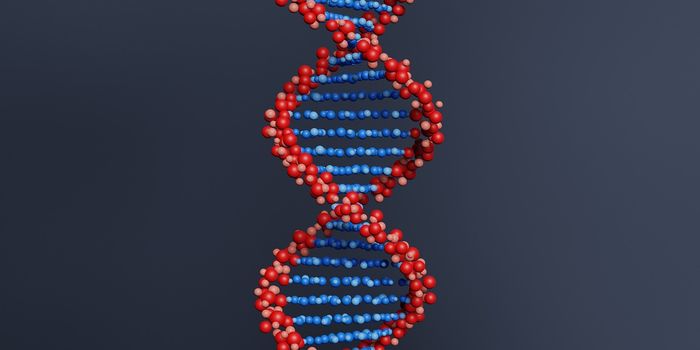New Synthetic Organ Streamlines Vaccine Testing
A cutting-edge synthetic tissue is about to streamline the process of testing new vaccines. Researchers at Cornell, Emory, and Georgia Tech have engineered synthetic versions of a quintessential component of the immune system: the germinal center (GC).
Human B cell Image Credit NIAID, via Creative Commons license CC BY 2.0, no alterations made
The GC is a small structure found in lymph nodes that acts like a micro-training facility for immune cells. After exposure to a potentially dangerous foreign agent called an antigen, naive immune B cells move into the GC, where they mature into antibody-producing plasma cells. Plasma cells display hypermutation rates to produce an assortment of unique antibodies with various levels of antigen-binding power. Antibodies with stronger binding or affinity can better mark foreign invaders like bacteria and viruses for elimination.
Researchers have long relied of the GCs of experimental animals to test the efficacy of vaccines. In a study by Moeller & Shah et al., a synthetic GC organoid matched the natural synthesis of antibodies.
Researchers merged the B cells, cytokines, and signaling components found in natural GCs within a hydrogel matrix to construct their organoid. When put to the test, the organoid B cells exhibited the hyper mutation rate necessary for diverse antibody production. Even more, the organoids proved capable of creating high affinity antibodies for the unique laboratory-created antigens they were tested with.
The GC organoid platform was confirmed with a new kind of antigen. Some bacteria are covered with polysaccharides which are difficult for our immune system to recognize and remember. To help the immune system identify these polysaccharides, scientists can create a conspicuous antigen by combining polysaccharides with immune cell-activating proteins. These are called glycoconjugate antigens. When they were exposed to glycoengineered bacteria, the GC organoids rapidly produced high-affinity antibodies.
A large library of antigen-specific antibodies were produced synthetically. These can be studied to discover unique sequences of amino-acids that create highly efficient antibodies.
As a preliminary step to animal testing, researchers can now use a single mouse spleen to create over 800 organoids. This will greatly increase the throughput of screening vaccine candidates, streamlining incubation periods from months to days.
Employing synthetic GC organoids will allow researchers to prescreen for optimal antibody candidates before moving on to experimental animals. This means less time, money, and animals necessary for vaccine and immune system research.
Sources: ACS: Central Science, EurekAlert!









